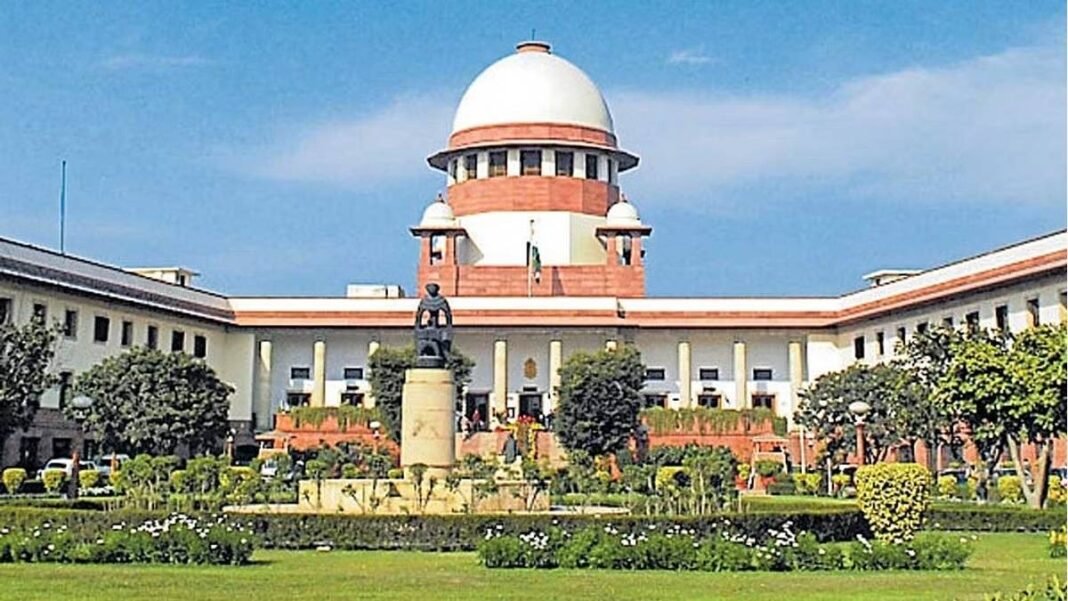NEW DELHI, Aug 18: The Supreme Court on Friday reserved its verdict on a 2011 plea pertaining to
the vexatious legal issue whether non-marital children were entitled to a share in the ancestral
property of their parents under Hindu laws.
A bench comprising Chief Justice D Y Chandrachud and justices J B Pardiwala and Manoj Misra heard
submissions of several lawyers on a plea which is pending since 2011.
The top court will also decide the question whether the share of such children is limited only to the
self-acquired property of their parents under Section 16(3) of the Hindu Marriage Act.
These questions were referred to a larger bench by a two-judge bench of the apex court on March
31, 2011.
“The question which crops up in the facts of this case is whether illegitimate children are entitled to
a share in the coparcenary (ancestral) property or whether their share is limited only to the self
acquired property of their parents under Section 16(3) of the Hindu Marriage Act,” the bench had
said while referring the case to a larger bench.
The court had said the provision makes it very clear that a child of a “void or voidable marriage” can
only claim rights to the property of his parents, and no one else.
The bench had disagreed with the earlier findings of the top court that such children will have no
right in ancestral properties of their parents.
“With changing social norms of legitimacy in every society, including ours, what was illegitimate in
the past may be legitimate today. The concept of legitimacy stems from social consensus, in the
shaping of which various social groups play a vital role… in a changing society law cannot afford to
remain static…,” it had said.
According to Hindu law, in a void marriage, the parties do not have the status of husband and wife.
As per the statute, husband and wife have the status in the voidable marriage.
In a void marriage, no decree of nullity is required to annul the marriage. While, in a voidable
marriage decree of nullity is required. (PTI)
- Advertisement -
- Advertisement -
- Advertisement -
- Advertisement -



